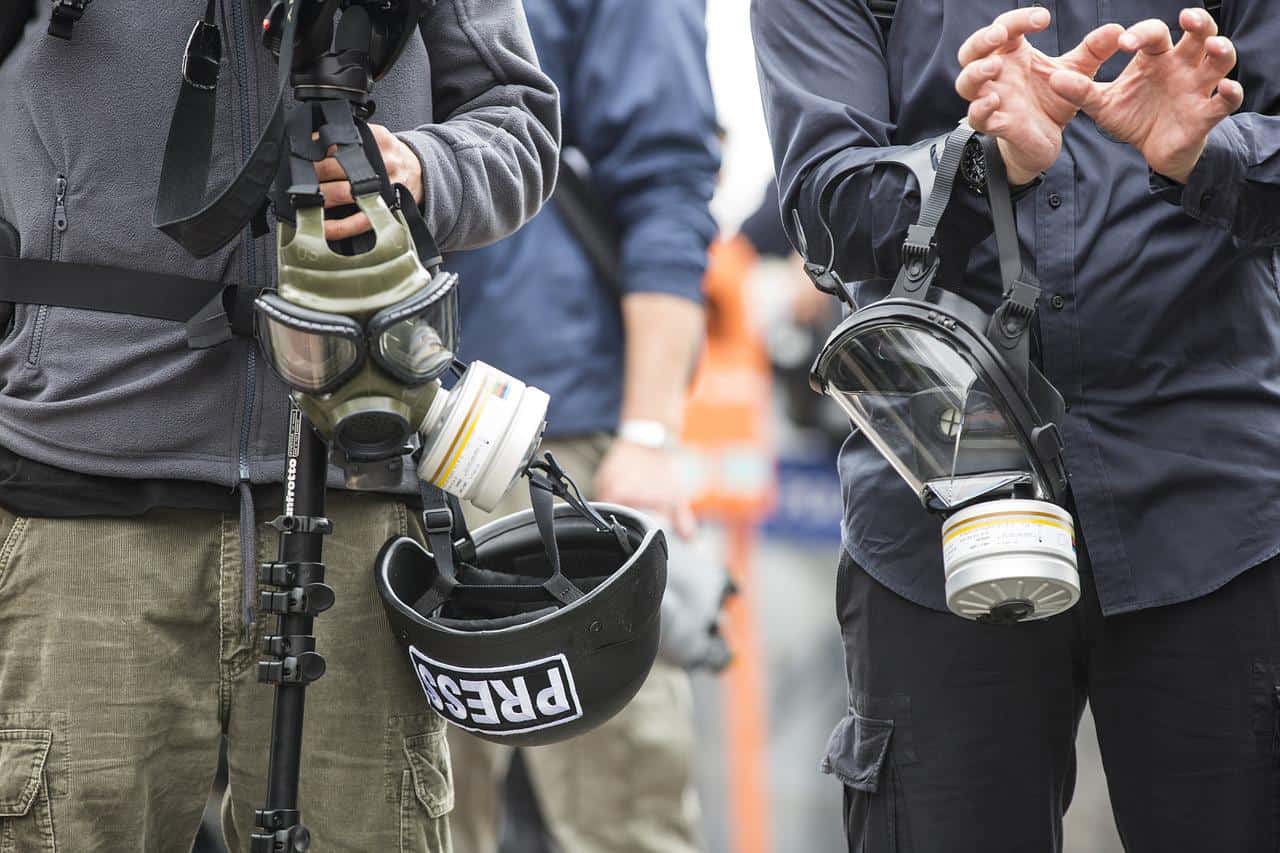QCOSTARICA — A request from the Minister of Finance, Nogui Acosta, will be received by President Rodrigo Chaves to veto the bill approved by lawmakers that seeks to reduce income tax (impuesto de renta in Spanish) for self-employed workers.
The bill proposes that only self-employed workers with monthly incomes of more than ȼ520,000 colones should pay income tax, instead of the threshold of ȼ341,000.
“We consider that these measures generate great concern and an impact on the collection of the Treasury,” said Acosta.
– Advertisement –
The legislators argue that there is a disparity between salaried workers, who begin to pay taxes when their income exceeds ȼ900,000 colones monthly, and independent workers.
For Raymundo Volio, a lawyer at Actualidad Tributaria, this modification represents a step forward in tax equity, since low-income independent workers were the most affected by the previous system.
“The income tax is updated annually and we have seen how, in the last two years, the majority of taxpayers have been forced to pay more taxes. However, among these taxpayers there is a group that, disproportionately, is contributing more and these are the low-income independents, so this project seeks greater fiscal equity and finally achieves an improvement for this aforementioned sector,” said Raymundo Volio.
As a result of this change, the rest of the brackets will also be adjusted as follows:
- Second bracket (10%): from ȼ6,244,000 to ȼ8,329,000 annually.
- Third bracket (15%): from ȼ8,329,000 to ȼ10,414,000 annually.
- Fourth bracket (20%): from ȼ10,414,000 to ȼ20,872,000 annually.
- Fifth bracket (25%): for annual incomes higher than ȼ20,872,000 annually.
This bill, promoted by the Partido Frente Amplio, was approved in September 2024, in the first debate; however, its second debate was not held until Monday of this week because the bill was not called to extraordinary sessions. In addition, the ruling party had sent it to the Constitutional Court for consultation.
The final vote in second debate, 35 in favor and 8 against
– Advertisement –
The now approved bill must be reviewed by the Executive Branch, which will have the option of vetoing it within 10 working days after receiving the approved project or signed into law by the President.
Frente Amplio legislator Jonathan Acuña said he hoped the veto would not happen, but that if it did, they would fight for the reseal, a process where legislators review the government’s objections, the reasons for the veto, and in simple terms, resubmit the bill to a vote where a minium of 38 votes in favor are required.
If you will recall, earlier this month, on the 18th, the Government of Rodrigo Chaves vetoed the bill to allow low-cost flights in Costa Rica to destinations in Central America and the Dominican Republic.
Read more Rodrigo Chaves vetoes bill for low-cost flights in Central America
– Advertisement –
While legislators said they would reseal the bill, it has yet to occur.
– Advertisement –
Source link
Rico



